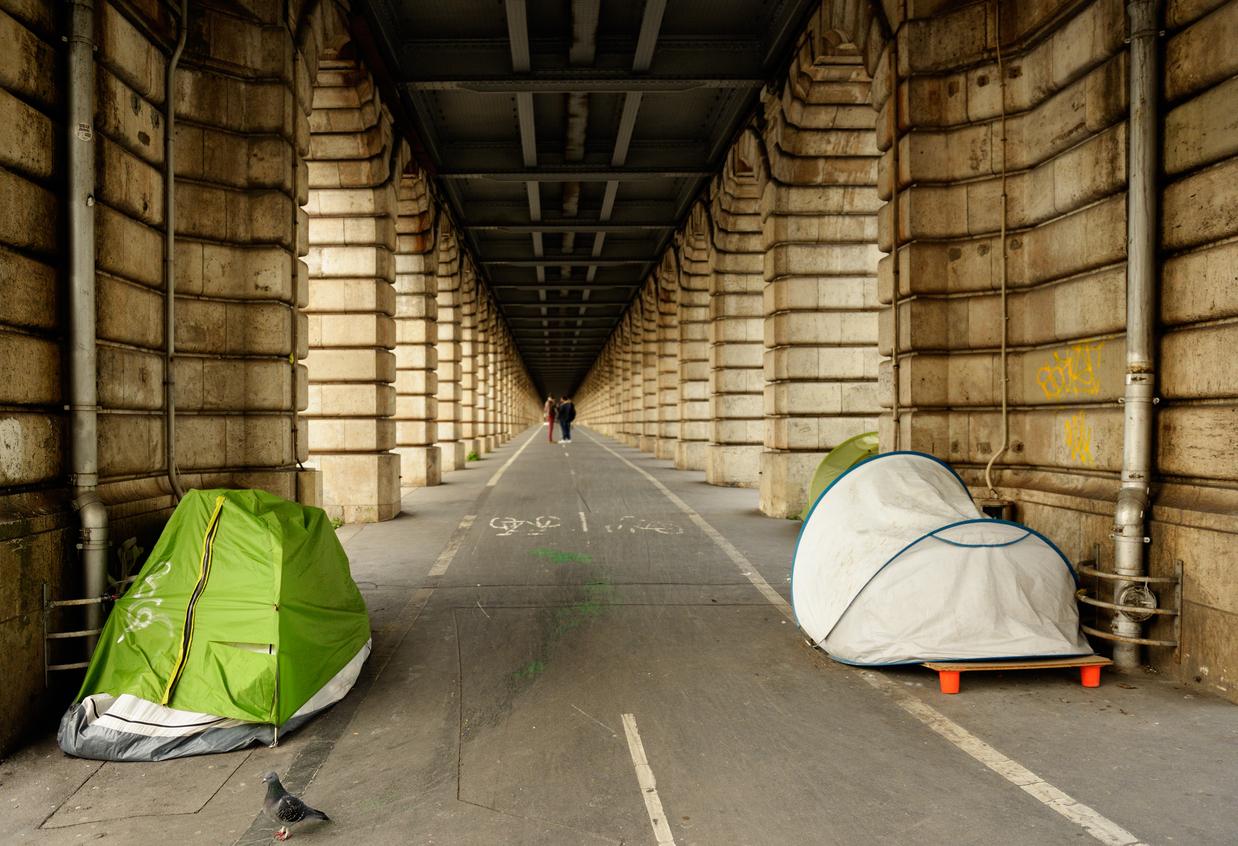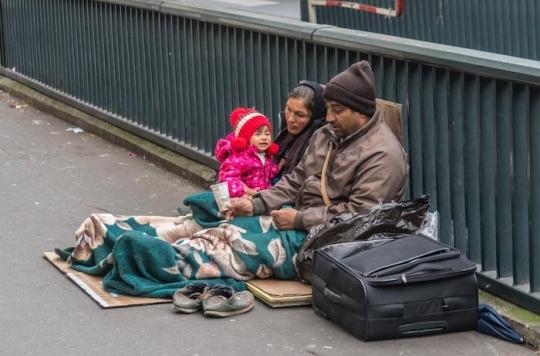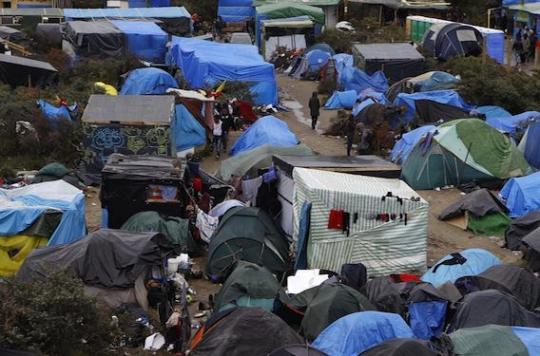The doctor on board the Phoenix, the Médecins Sans Frontières boat which rescues migrants in the waters of the Mediterranean, testifies to his daily life.

From April until November, Simon Bryant has been on a humanitarian mission aboard the Phoenix. This 40-meter-long boat, dispatched by the NGO and the MOAS (Migrant Offshore Aid Station), crisscrosses the waters off the Libyan coast to rescue the refugees who crowd into the smugglers’ boats. These operations have already saved 10,000 people in one year.
Simon Bryant is the only doctor on board. Of Canadian origin, he brought first aid to sea survivors, who were subsequently disembarked in Italy. Contacted by Why Doctor, he tells about his daily life by Skype as the ship makes its way to the rescue area.
What does the health care for refugees on board the Phoenix consist of?
Simon Bryant: We have a certain capacity on the boat, since we have a small equipped clinic and a large stock of medicines. Some people suffer from chronic pathologies – diabetes, hypertension… I took care of a woman with kidney failure who needed urgent dialysis. She had not received treatment for three weeks and was in extremely weak condition. She was evacuated from the boat by helicopter. The disruption of care in these patients is a serious problem.
Other people suffer from injuries contracted during their journey, especially in Libya, in informal detention centers where they experience very difficult situations before boarding the boats. There, the refugees are victims of assault, violence, theft, or even rape. When they are collected on the Phoenix, they present traumatic pathologies.
Finally, on board the boats, the refugees are exposed to oil fumes, fumes, water that floods the holds, as well as heat and dehydration. Hydrocarbons soil their clothes and burn their skin due to friction. We must immediately provide them with clean clothes. More trivially, a very large number of people suffer from seasickness …
Simon Bryant, humanitarian doctor on board the Phoenix: ” We take care of 400 people at a time. We are working with the other rescue teams because we do not have an operating room on board. “
You were part of the teams that discovered a boat with forty people dead in the hold …
Simon Bryant: Indeed. It is a painful ordeal. It happened a few days ago. When I got down into the hold, I looked among all these bodies for someone who would show signs of life. I found a survivor. He was unconscious but he was breathing, we brought him back on board the Phoenix and we intubated him while waiting for the helicopter that evacuated him to a hospital on the island of Lampedusa, Italy. I have since been told that he is doing better. It’s a little consolation.
The others weren’t so lucky. They died from a combination of elements, poisoned by carbon monoxide fumes, suffocated by heat and crowds of people – these boats carry 500 to 600 people. It should never have happened. You can’t imagine what these people are going through, how inhuman, outrageous it is. Some might have been able to stay safe at home, but the overwhelming majority of migrants simply have no choice and cannot return to their country.
Is there psychological care on board the Phoenix?
Simon Bryant: Yes, we provide what is called psychological first aid. This is assistance, especially for those who crack. Because in these circumstances, with so many people, so many difficulties, a lot of things come to the surface – stress, paranoia… Some people are sometimes seized with crises, delusions. We have psychiatric drugs, sedatives, just in case. This psychological assistance is fundamental, because through this care, we try to treat everyone with dignity.
But we must understand that our approach – to seek and save – is not sufficient. It’s amazing the work of the teams here. But the rest of the team is the world. We have never seen so many displaced people since the Second World War. We cannot ignore a problem that has become global.
On French territory, health care for migrants relies entirely on the associations that work alongside them. In June, the government announced its willingness to create centers to accommodate refugees gathered in makeshift camps. But no specific system has been put in place by the authorities to ensure them access to healthcare.
In the field, Médecins du Monde remains the key player in health support for refugees. During marauding, volunteers offer general medical consultations in the camps and provide appropriate treatments. For injuries or pathologies that require more advanced care, these patients are referred to PASS (hotlines for access to health care), hospital consultations for people who do not have medical coverage. But in reality, few migrants go there. Services are often saturated; in Calais, arrests regularly take place on the way to the hospital PASS.
.















